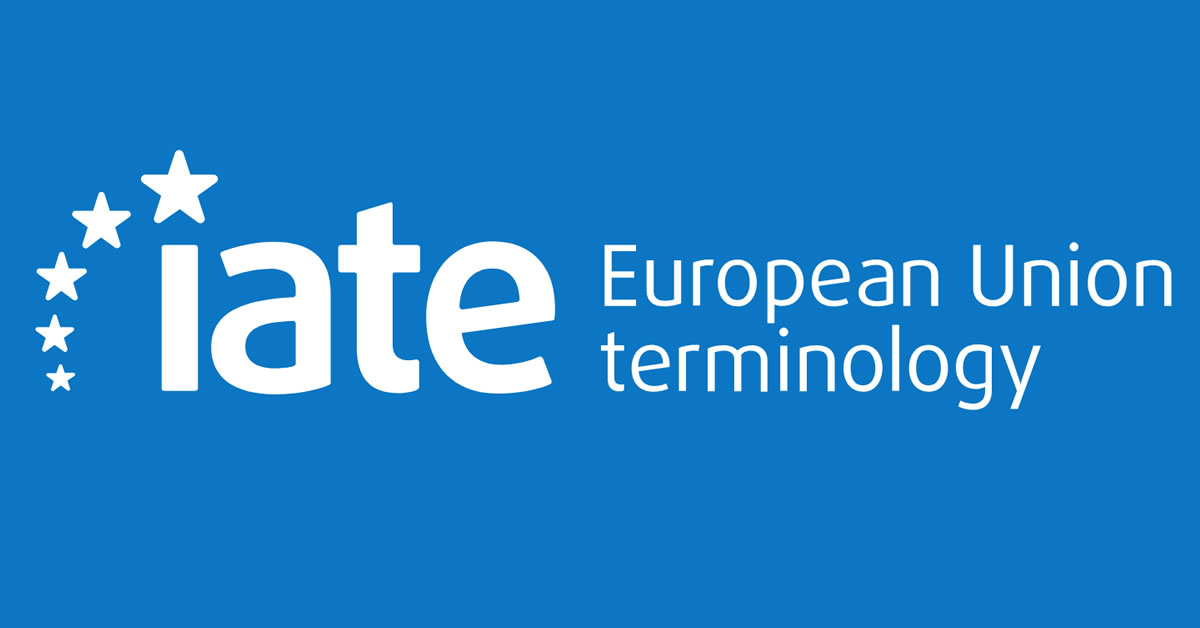15 posts found
Building footprints: open data that saves lives in emergencies
In a world increasingly exposed to natural hazards and humanitarian crises, accurate and up-to-date geospatial data can make the difference between effective response and delayed reaction. The building footprints, i.e. the contours of buildings as they appear on the ground, are one of the most valua…
Destination Earth: a digital Earth twin for a sustainable future
Today's climate crisis and environmental challenges demand innovative and effective responses. In this context, the European Commission's Destination Earth (DestinE) initiative is a pioneering project that aims to develop a highly accurate digital model of our planet.
Through this digital twin…
The impact of open data along its value chain: Indicators and future directions
The transformative potential of open data initiatives is now widely recognised as they offer opportunities for fostering innovation, greater transparency and improved efficiency in many processes. However, reliable measurement of the real impact of these initiatives is difficult to obtain.
From this…
Open geographic data applications of the National Centre for Geographic Information (NICHD)
The National Centre for Geographic Information publishes open geospatial data from the National Cartographic System, the National Geographic Institute and other organisations through web applications and mobile applications to facilitate access to and consultation of geographic data by citizens.
Geo…
What is the value of open geographic data?
Geographic data allow us to learn about the world around us. From locating optimal travel routes to monitoring natural ecosystems, from urban planning and development to emergency management, geographic data has great potential to drive development and efficiency in multiple economic and social area…
Open science and information systems for research
The European Open Science Cloud (EOSC) is a European Union initiative that aims to promote open science through the creation of an open, collaborative and sustainabledigital research infrastructure. EOSC's main objective is to provide European researchers with easier access to the data, tools and re…
Emerging Trends in Geospatial Data and AI
On September 8, the webinar \"Geospatial Trends 2023: Opportunities for data.europa.eu\" was held, organized by the Data Europa Academy and focused on emerging trends in the geospatial field. Specifically, the online conference addressed the concept of GeoAI (Geospatial Artificial Intelligence), whi…
How young people participate in European politics: An analysis with open data
The active participation of young people in civic and political life is one of the keys to strengthening democracy in Europe. Analyzing and understanding the voice of young people provides insight into their attitudes and opinions, something that helps to foresee future trends in society with…
Discover IATE: the European Union's inter-institutional terminology bas
IATE, which stands for Interactive Terminology for Europe, is a dynamic database designed to support the multilingual drafting of European Union texts. It aims to provide relevant, reliable and easily accessible data with a distinctive added value compared to other sources of lexical informatio…
Trust as a driver of social and economic value creation through data
Trust, as a key factor in unlocking the potential of data in the digital economy, is an increasingly central element in all data regulations. The European General Data Protection Regulation, in 2016 already recognised that if individuals have more control over their own personal data,…









